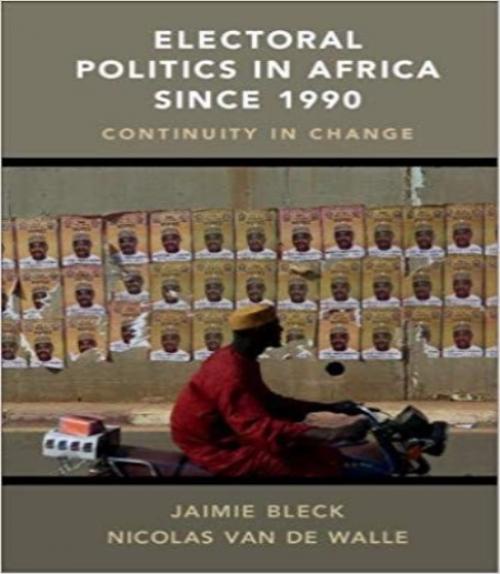
 Department Homepage
The College of Arts & Sciences
Department Homepage
The College of Arts & Sciences
New book examines democracy in Africa
A wave of democratization swept over the African continent in the 1990s. Has it made a difference in the welfare of individuals in sub-Saharan African nations? And why hasn’t the shift to multiparty elections led to profound change in African governance, given the region’s rapidly changing economics and urbanization?




